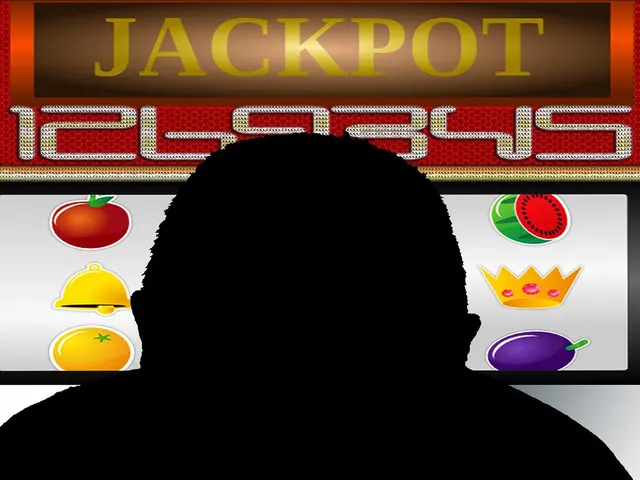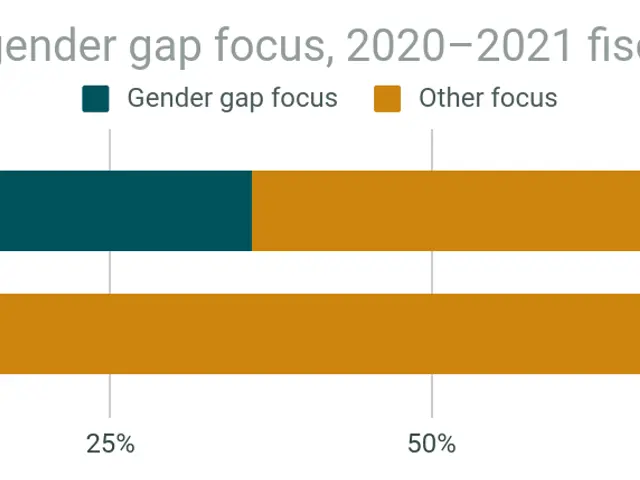Understanding the Psychological Aspects of Poker Folding: When and Why It's Necessary to Fold Cards
In the world of poker, folding is often seen as a sign of weakness or fear. However, experienced players know that folding can be a strategic move to protect chips and play the long game.
By creating a table of default situations to fold, such as pre-flop junk hands or when pot odds are less than winning probability, players can improve their folding skills. These situations include having a weak starting hand, like 7♦ 2♣ or 9♠ 4♥, or finding yourself in a disadvantageous position against a strong opponent.
Observing and understanding your opponent's psychology can help you read them more effectively and make better folding decisions. If your opponent's aggressive betting strategy suggests they may have a strong hand, such as AA, AK, KK, or AQ, it's often better to fold, even if you're holding a high pair.
Fear of losing is a common mentality among new or inexperienced players, causing them to fold too quickly to stay safe but missing chances to win. Controlling emotions and making decisions based on logic and probability is crucial for folding at the right time.
The key strategies to master the psychology of folding in poker involve recognizing when to cut losses, managing your ego, and maintaining discipline. Folding wisely means understanding that "chips not lost = chips won," so exiting a hand when the odds are against you is actually a form of skillful play.
Avoid emotional decisions like trying to "get back" at an opponent who has pushed you off multiple hands, as this often leads to poor calls or overcommitments and distraction from other table dynamics.
Specifically, some psychological strategies include detaching ego from decisions, accepting folding as strength, not weakness, analyzing odds and pot odds, staying composed and patient, and using folding as a strategic move in specific scenarios. For example, in push-fold strategy for tournaments with short stacks, folding at the right time complements aggressive all-in moves to maximize chip utility.
In summary, mastering folding psychologically requires discipline, ego control, mathematical awareness, and recognizing folding as a strategic, not shameful, action that preserves chips for better opportunities at the table. Folding doesn't always mean losing; it can enable players to protect their capital and optimize long-term profits.
- In the thrilling world of casino-and-gambling, the odds of winning at sports-betting can sometimes be more appealing compared to casino-games like poker.
- Experienced poker players understand that betting on low-probability sports outcomes, such as betting on a team with long odds to win, can still yield profits in the long run.
- Some casinos now offer skill-based games, like poker with AI opponents, where understanding betting psychology and managing risks plays a crucial role.
- By recognizing the value of folding, even in casino-games like poker, you can make strategic moves that ensure the longevity of your chips and increase your chances of walking away a winner.
- A strength known to seasoned casino-goers is the ability to fold appropriately, especially when faced with less favorable odds, as doing so ensures that less of their capital is put at risk, enabling them to continue their gaming adventures.






